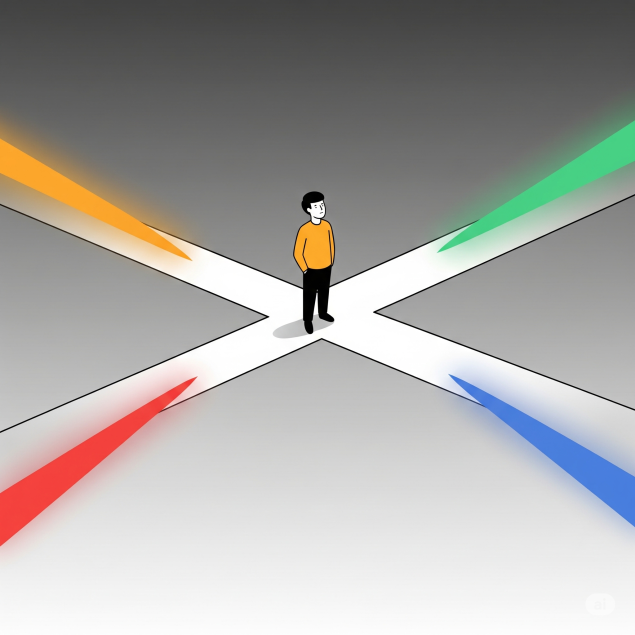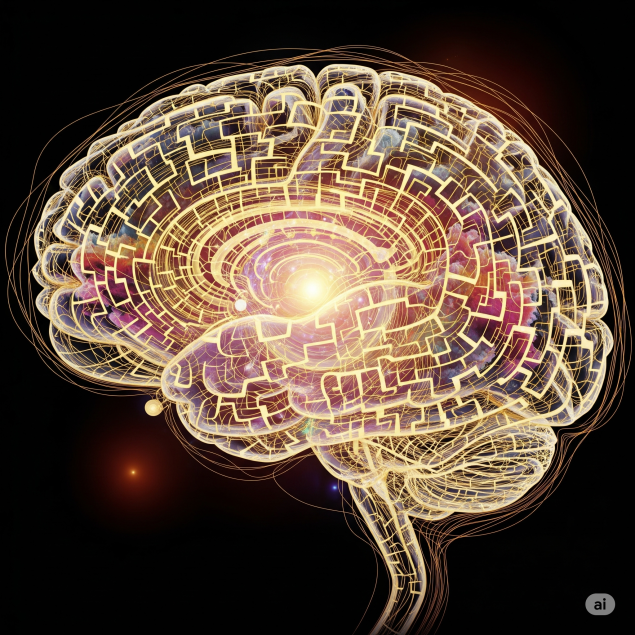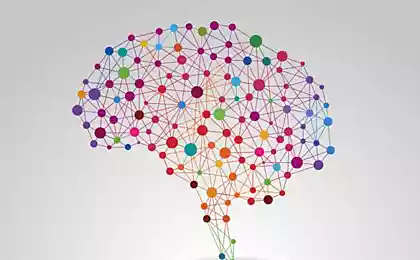278
15 Mistakes A Smart Man Will Not Make Twice

We all make mistakes, but we all have a choice between repeating them or learning from them. Psychologists say the ability to learn from failure is a key indicator of intelligence and emotional maturity. Neurobiological studies show that our brains literally rewire each time we learn from an unpleasant experience.
Smart people are not distinguished by the absence of mistakes, but by the ability to transform them into wisdom. They develop metacognitive skills to analyze their own actions and make more informed decisions in the future.
73%
People make the same mistakes in their relationships, according to a Stanford University study.
Mistakes in personal relationships
1. Ignoring red flags
An intelligent person does not close his eyes to the obvious signs of problematic behavior of a partner. Psychologists call this cognitive dissonance, when we ignore information that contradicts our desires. After the first painful experience, intelligent people learn to trust their intuition and pay attention to inconsistencies between words and actions.
Practical advice: Keep a relationship diary, writing down both positive and negative moments. This will help to objectively assess the situation and notice the patterns of behavior.
2. Trying to change another person
People with high emotional intelligence quickly realize that the only person they can change is themselves. Attempts to remake a partner, friend or colleague lead to frustration and the breakdown of the relationship. Wisdom is about accepting people as they are and choosing those who suit you without the need for drastic changes.
3. Sacrificing one's own borders
Healthy boundaries are the foundation of any relationship. Smart people learn to say no and not feel guilty. Studies show that people with clear personal boundaries have higher self-esteem and are less stressed.

Financial lapses
4. Emotional shopping
Neuroeconomics explains how emotions affect our financial decisions. Smart people develop strategies after the first experience of impulsive spending: the 24-hour rule before large purchases, compiling wish lists with priorities, automating savings.
Lifehack: Ask yourself, “Will I remember this in a month?” If the answer is no, it is probably an impulsive waste.
5. Lack of financial safety cushion
The COVID-19 pandemic demonstrated the importance of emergency savings. Smart people, having survived one financial crisis, always put off 3 to 6 months of spending. This gives you psychological peace and freedom to make decisions without being under pressure from financial circumstances.
6. Investing without understanding the risks
“Don’t invest in what you don’t understand” – Warren Buffett’s Golden Rule Smart people carefully study investment instruments, diversify their portfolios, and never invest money they can’t afford to lose.
Wisdom is not in not making mistakes, but in not repeating them twice.
Career mistakes
7. Neglect of networking
Studies show that up to 80% of job openings are not published openly, but filled through personal contacts. Smart people understand that a professional network is not only a career lift, but also a source of knowledge, support and new opportunities.
8. Working without clear goals
Without a clear vision of your professional future, it’s easy to get lost in routine. Smart people regularly review their career goals, make development plans and are not afraid to change direction if the current path does not bring satisfaction.
9. Ignoring feedback
Criticism can be painful, but it is necessary for growth. Smart people actively seek honest feedback, analyze it and use it for self-improvement. They understand the difference between constructive criticism and destructive negativity.
Mistakes in decision-making
10. Procrastination of important decisions
The paradox of choice can paralyze us, but smart people understand that postponing a decision is also a decision, often the worst possible. They develop decision-making algorithms and set deadlines for themselves.
11. Making decisions in an emotional state
Emotional intelligence involves the ability to recognize your emotional state and its impact on thinking. Smart people delay important decisions when they are stressed, angry, or euphoric.
Technique: Use the STOP rule – Stop (stop), Take a breath (take a deep breath), Observe (watch your emotions), Proceed (act consciously).

Health and well-being
12. Ignoring body signals
Smart people understand that physical and mental health are interrelated. After the first serious warning – whether it’s back problems from sedentary work or burnout from overwork – they radically reconsider their lifestyle.
13. Neglect of preventive medicine
Regular medical examinations can prevent serious illness. Smart people invest in their health, knowing that it is the most profitable investment in the long run.
Personal growth
14. Comparing yourself to others
Social media reinforces the comparison trend, which can lead to depression and lower self-esteem. Intelligent people focus on their own progress and understand that each person goes their own unique way.
15. Rejection of education
In a rapidly changing world, stopping development is tantamount to degradation. Smart people cultivate curiosity and constantly expand their knowledge and skills. They understand that education is not an event, but a lifelong process.
Conclusion
Wisdom comes not with age, but with the experience of consciously analyzing one’s mistakes. Every failure contains the seeds of future success, if we are willing to see and nurture them. Smart people turn their mistakes into steps on the road to personal growth and self-improvement.
Remember: not the one who is intelligent who does not make mistakes, but the one who derives the maximum benefit from them for his development.
Glossary
Cognitive dissonance is a psychological discomfort that occurs when conflicting beliefs, ideas or values clash in a person’s mind.
Metacognitive skills – the ability of a person to be aware of and control their own cognitive processes, “think about how you think.”
Emotional intelligence is the ability to recognize, understand and manage one’s own emotions as well as those of others.
Neuroeconomics is an interdisciplinary field of research that studies the neurobiological foundations of economic behavior and decision-making.
Frustration is a mental state that occurs when it is impossible to satisfy a need or achieve a goal.
Networking is the process of creating and maintaining professional and personal connections for mutual support and exchange of resources.
Procrastination is a tendency to constantly postpone important things and decisions for later.
The paradox of choice is a psychological phenomenon in which an excess of options leads to difficulty in making decisions and a decrease in satisfaction with the choice.
8 Signs That Negative Became Your Personality
Rumination: How to Stop a Destructive Thought Carousel























